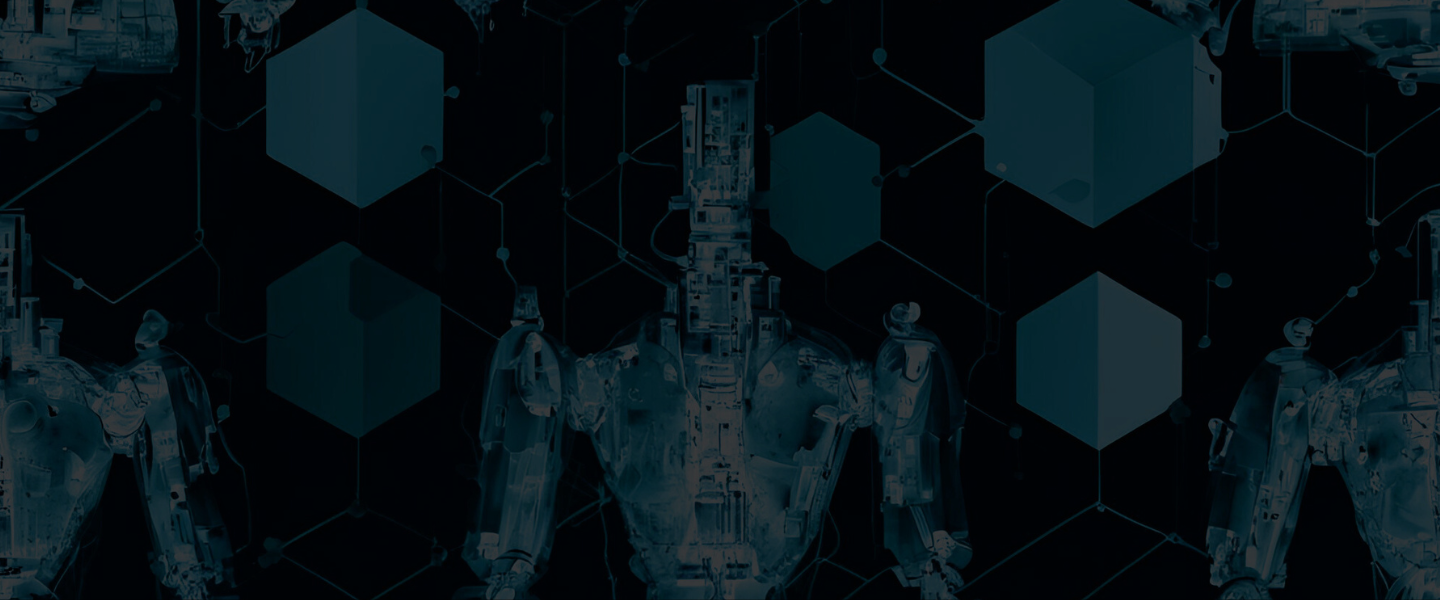AIchemy Hub celebrates our Co-Hub director Professor Kim Jelfs’ Faraday Fellowship for pioneering research in chemistry, computation and artificial intelligence.
Awarded by The Royal Society and funded by the Department for Science, Innovation and Technology, the newly launched Faraday Discovery Fellowships represent one of the most significant long-term investments in UK STEM. Each fellowship provides up to £8 million over ten years to help outstanding mid-career researchers build world-leading research groups within UK universities. This first cohort of awards marks the beginning of a new era of high-quality, original research with wide-reaching impact — and from over 600 applicants, Professor Jelfs is one of just seven to receive this prestigious award.
Prof. Jelfs is a Professor of Computational Materials Chemistry at Imperial, where her team uses computer simulations and artificial intelligence to assist in the discovery of new molecular materials. These materials, which include porous frameworks and organic electronics, hold promise for applications in clean energy, carbon capture, drug delivery and more.
Her fellowship project, ‘Predicting synthesisable materials: bridging the gap between computation and experiment’, aims to tackle one of the key challenges in computational chemistry – ensuring that materials predicted by computers can actually be made in the lab. Traditionally, simulations have helped explain the behaviour of known molecules. Her work shifts this approach towards prediction, using AI models and large-scale databases to identify desirable properties and, crucially, the steps required to make those materials.
By integrating automated experimental data generation, computational chemistry and AI modelling, the project aims to provide chemists with predictive tools that are both powerful and practical. It will also contribute to the development of robotic synthesis workflows, bridging human expertise and machine learning to unlock new possibilities for materials design.
“I’m honoured to be a recipient of a Faraday Discovery Fellowship and very excited to have the opportunity to build a team to tackle this ambitious project,” said Prof. Jelfs. “I’m looking forward to working with specialists across experimental chemistry, computational chemistry and AI to achieve the vision of this fellowship.”
The project is set to strengthen Imperial’s leadership in Digital Chemistry (using AI and automation) and support interdisciplinary collaboration across fields from sustainable materials to digital fabrication. Prof. Jelfs plays a pivotal role in this effort as co-Director of both AIChemy, the EPSRC AI Hub for Chemistry, and the Institute for Digital Molecular Design and Fabrication (DigiFAB) at Imperial. These flagship initiatives are closely aligned with the fellowship’s aims and will serve to amplify its impact. Her fellowship will be collaborative and spans departments and disciplines, including partnerships with Dr Becky Greenaway in Chemistry (DigiFAB automation Lead) and AI specialists Dr Eleonora Giunchiglia and Professor Alessandra Russo (Convening Co-Director of the School of Convergence Science in Human and Artificial Intelligence).
© Imperial College London.
Reporter
Saida Mahamed
Imperial College London

